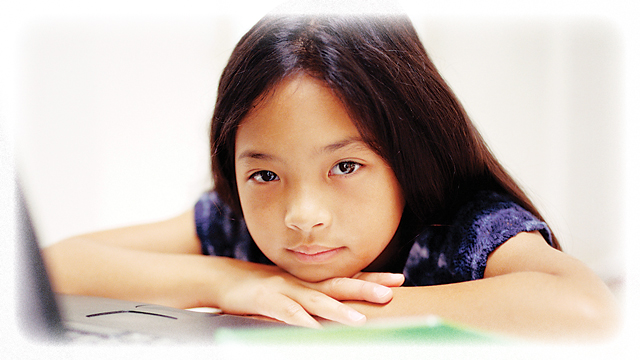Children experience a continuous stream of stimuli on a daily basis which can lead to a variety of reactions, including fear. While some fears may be rational, it’s not uncommon for children to develop irrational fears. Parents can help children overcome these irrational fears by taking several steps, the first of which is to understand these fears and how they manifest.
Rational Versus Irrational Fears
Rational fears arise from real worries or dangers that would be alarming for most people. A hurricane headed for your region would make anyone anxious. If you didn’t study for an exam and a lot depends on it, anxious feelings would be rational. Often this type of fear pushes people to adapt to the situation in a constructive manner, such as buying supplies for a power outage during the hurricane or studying harder for the next exam.
On the other hand, a fear is irrational if an event is unlikely to occur, but you worry about it anyway. If you live in a Midwestern state and worry about a tsunami, or you’ve never been ill, but you worry you’ll throw up in public, or you’re concerned about anacondas living in the creek behind your home in Richmond, your fear could be considered irrational.
Recognizing the Causes and Symptoms
Anxiety is the emotional experience that accompanies fear. When a child is experiencing an irrational fear, parents may notice her range of interests narrowing. She may become fearful of going out, resist going to sleep, or avoid certain things or activities that relate to the fear. In the initial phases, the child may keep her feelings a secret. When uncharacteristic behavior begins, sensitive questioning by parents can help encourage the child to share what’s bothering her.
Children who have experienced trauma in early childhood are sensitized to fear. Children who are bullied and those with major or chronic medical illnesses also carry a higher risk for developing anxiety.
Preventing and Calming Fears
Generally, parents should try to minimize exposure to media which can be focused on natural disasters, political unrest, and domestic and international terrorism. Because children have a limited cognitive and emotional ability to process this information, repeated exposure to troubling images fosters helplessness and fear. Parents should talk about these things in real-time – even with younger kids. Reassuring them about the safety of the world in general is important. Acknowledge children’s fears and worries along with telling them you are always available to talk. To completely black out information carries a risk, as children are bound to hear of these events from peers. Try an outdoor activity or a family activity to avoid screen-time for kids.
Parents should examine their own reactions to what is bothering their child. An important first step is remaining calm and not mirroring the child’s anxiety. Anxiety can be exaggerated when validated by other people. For example, if a child is anxious about going to school because of a fear of gun violence, and parents support that stance, it can validate and worsen the child’s fear.
Helpful strategies include coaching the child in deep breathing and helping her understand that although the anxiety is uncomfortable, it’s not dangerous or life-threatening.
Seeking Professional Help
The intensity of anxiety may increase or decrease at different times. If calming techniques do not seem to help your child’s capacity to enjoy life, and quality of life is affected by the anxiety, it is time to consider professional intervention. Share your concerns with your child’s pediatrician, who can provide guidance and/or make a referral to a mental health provider.
A mental health provider may use a combination of techniques to address your child’s specific fears. Behavioral therapy is used to help the child control reactions and respond to fears in an appropriate and positive manner, while cognitive therapy is helpful in stopping automatic thoughts that drive fear and anxiety. Questioning your child about the triggers of her fears in a non-judgmental manner may yield information that is beneficial to share with the therapist or doctor, as it could help the behavioral therapy move forward more quickly.
Mental health providers also offer family therapy and parental coaching on how to approach anxiety attacks at home, school, and in the community. Medications that increase serotonin and norepinephrine in the brain also prove helpful for some children.
Untreated anxiety can cause depression, social isolation through loss of friends, absenteeism from school, self-medication with substances, and suicide. Early recognition of anxiety and effective treatment is key to managing these situations moving forward and living a healthy, happy, and successful life.





